Hello! I’m Lorna, an early career researcher and PhD student, and this is my first time writing a blog. I’m excited to share some insights from the D-PACT Study on our approach to co-analysis. I hope these reflections will be helpful to fellow researchers.
As a brief introduction to the project, D-PACT (Dementia PersonAlised Care Team) involved developing and evaluating a primary care-based model of post-diagnostic support. This support was delivered to people with dementia and their care partners, by a dementia support worker (DSW), on an ongoing basis.
During the DPACT study, we had a Peer Research Group (PRG) support the project since it started in 2018. This group was comprised of individuals with dementia or experience of caring for someone with dementia (as a family member, partner or friend). We would meet every two to three months to work on various aspects of the project together, from ethics applications and recruitment strategies, to developing tools for dementia support.
As the project progressed, we wanted to explore opportunities to involve the PRG in co-analysis. This blog will talk through how we approached co-analysis, with some final reflections and recommendations at the end.
Co-Agreeing Working Arrangements
To start, we discussed different approaches toward co-analysis – making decisions together. We talked about factors that could limit choices, like data availability (given we were still in the midst of data collection when these discussions started); and other logistical factors, like whether to meet online or in person (we opted to maintain online meetings, due to health reasons limiting travel).
Training was another topic covered. We had previously offered and encouraged training where possible (this included two members receiving Talking Mats training to help co-develop an interview tool). However, we were aware of concerns shared by other researchers that training could influence interpretations or create a divide between “lay” and “expert” working relationships. After discussing potential advantages and disadvantages, the group members decided they didn’t need training for co-analysis but that the option should remain open.

Image 1
Preparing Data for Co-Analysis
We decided to start by ‘co-analysing’ recordings of support meetings that included the Dementia Support Worker meeting with a person with dementia and (if applicable) their care partner. However, our consent forms didn’t allow PRG members to review raw data, so we had to anonymise these recordings.
We tried various methods for anonymising, including cutting out identifiable audio, which created awkward silences that were misinterpreted as glitches in the recording; or using bleeps, which were jarring to hear. For visual footage, we used a ‘sketch’ filter to keep some detail while ensuring anonymity, but it made the visuals cluttered (see image 1). This filter was particularly difficult to decipher for one group member as his dementia affects his senses, making concentrating on these messy visuals burdensome and confusing. For example, he described how the light fixture looked like a tree coming through the window, or the carpet pattern looked like a train set. Recognising the issues with using the sketch filter, we then tried a blurring mosaic over the faces of those in the recording (see image 2). This was found to be less confusing but limited non-verbal communication cues from facial gestures.

Image 2
One PRG member suggested asking the participants if they’d be okay with sharing the original footage. While possible, we were hesitant to re-contact participants who might not remember the recordings, and we would still need approval from our sponsor and ethics committee to do so. Reflecting on this, we considered whether our consent forms should have included PRG members as part of the team for reviewing select raw data. Speaking to other dementia researchers, we have become aware of a move towards the ‘opt-out’ approach in the consent process, where individuals could decide how comfortable they would be having non-anonymised data shared for co-analysis purposes.
PRG-Led Approach to Reviewing Recordings
An example of the typical structure of a D-PACT co-analysis session:
- A small group (1-2 researchers and 2-3 PRG members) met on Zoom.
- Researchers provided context about the data to be analysed. This included an anonymised recording of a support meeting between a Dementia Support Worker, a person with dementia, and sometimes their care partner, along with anonymised case notes written by the support worker.
- Researchers reiterated the session’s facilitation plan, including when to pause the recording and offered chances for questions or adjustments.
- After reviewing the data, group members shared their observations while researchers took notes and asked any clarifying questions.
- At the end of the session, we reviewed what was observed, discussed if the co-analysis approach was effective, and considered any suggestions for improvement.
- Researchers sent out notes shortly after the session to ensure accuracy and gather any additional thoughts.
To ensure the PRG shaped analysis, we played recordings from the start, without pre-selecting clips. This approach was guided by a recommendation drawn from Jemima Dooley’s 2022 paper on co-analysis using video recordings. Here, she found although the co-analysis was participant-led, pre-selecting clips presented a power imbalance as participants queried the representativeness of the selected clips. The PRG talked about how those first, unedited 20 minutes were key.
“You knew in the first 20 minutes about the body language and the rapport between them.” (Martin – PRG member)
Before starting, we gave contextual information and broad prompts but otherwise stayed quiet during discussions. Group members could prompt us to pause the recording to share their thoughts immediately. While this frequent pausing sometimes disrupted the flow, it ensured immediate observations weren’t lost.
Deciding how to proceed with co-analysis
For the first co-analysis session, the PRG reviewed a video of a support meeting between a dementia support worker and a person with dementia. For the next session, the group members were keen to see how things evolved between the same DSW and person with dementia by co-analysing the next support meeting along with any notes taken by the DSW to compare with their own observations. We scheduled the next co-analysis session a few weeks later, giving us time to prepare.
Reflecting on the process, the PRG noted that having sessions closer together would help with recall and continuity. When scheduling became difficult, we tried one-on-one sessions, but group discussion were preferred for better idea exchange. Pre-planning a series of dates might have helped maintain momentum and allowed us to better prepare data for analysis.
“At the end of the day this is one of those processes that develops, doesn’t it, and you don’t quite know which way you’re going to go until you’re into it” (Bob – PRG member)
Final Reflections & Recommendations
Here are some key takeaways from our co-analysis journey:
- Involve people with dementia and carers in analysis: Including PRG members in analysing support sessions revealed important insights we might have otherwise missed.
- Be transparent and make decisions together: There was a lot that we reflected on during and after the co-analysis process. In talking through options and making decisions together, the process was inclusive.
- Be realistic with time: Co-analysis takes time, especially when offering choices and adapting to lessons learnt. Building co-analysis into the project timeline will help this happen meaningfully.
- Schedule activities closer together: Regularly scheduled sessions help with continuity and might assist recall of previous sessions. Planning a series of dates in advance can ensure smooth progress.
- Consider what data to share and in what format: Think carefully about what data you’re likely to share early on. Properly designed consent processes save headaches later. While there might be debate about sharing non-anonymised data, early planning is advisable.
And finally A Note of Thanks
A big thank you to all the PRG members whose dedication and insights were invaluable to the D-PACT study. A special mention goes to Edna, whose passion and commitment left a lasting impact on our work. She will always be remembered for her warmth, humour, and openness.
And that’s a wrap on my reflections! If you’re a researcher thinking about co-analysis, I hope you find these insights helpful. Until next time!
Feel free to check out more about the D-PACT Dementia Support Study.

Lorna Smith
Author
Lorna Smith is a PhD Student and Research Assistant at the University of Plymouth. Lorna recently started her PhD, using mixed methods to explore the value of engaging with nature on the quality of life for people living with dementia. Prior to this, she has been working in dementia research in studies that aimed to improve or maintain the quality of life for those affected by the condition. Throughout her research career, she has been interested in adaptive and inclusive methods that help include marginalised voices in research. She also bakes a mean apple pie!

 Print This Post
Print This Post
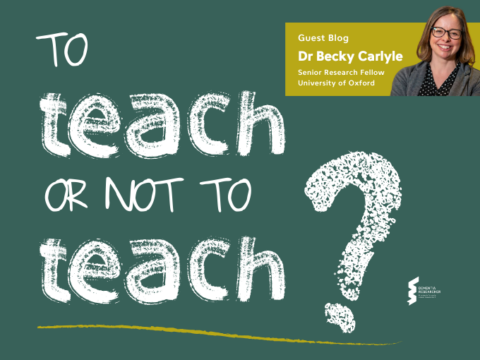
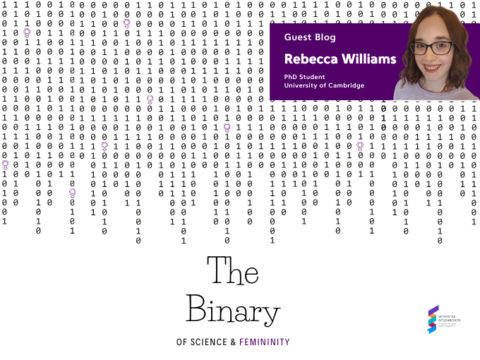
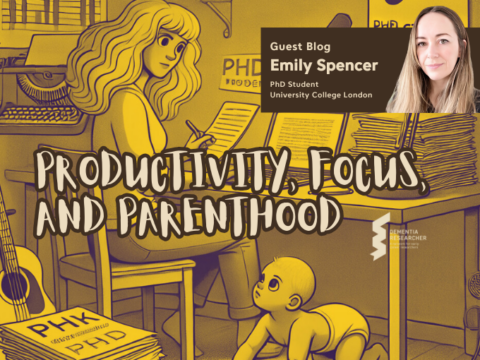
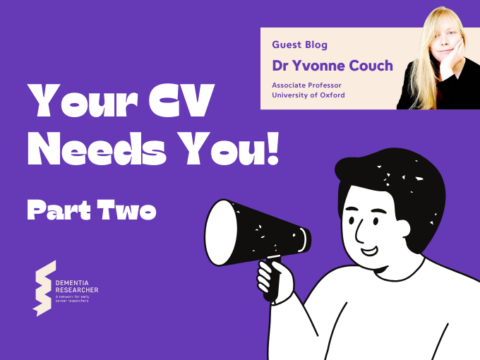
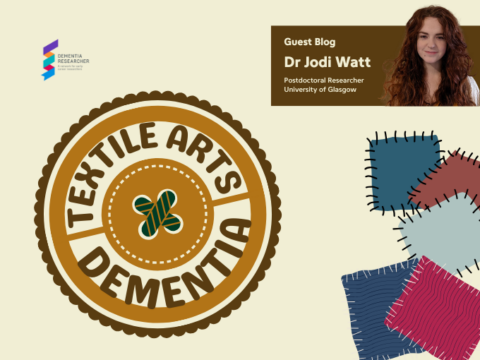

Very well done and very inclusive, we even got training! This is an example of proper PPI; just wish all were like this one..
WAY TO GO👍👍👍